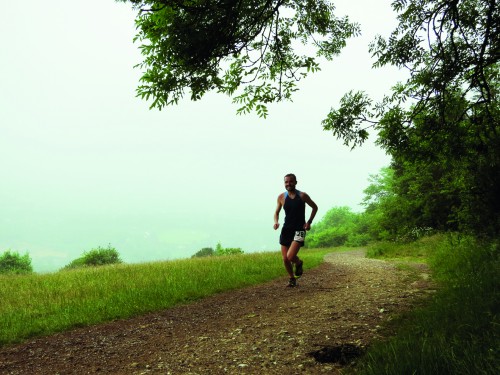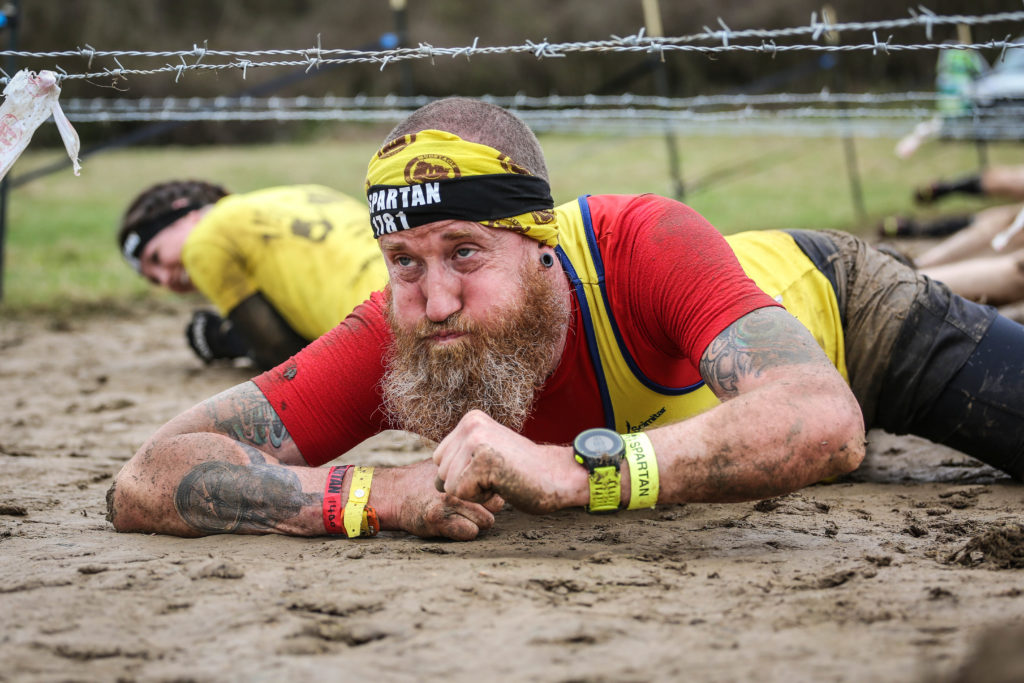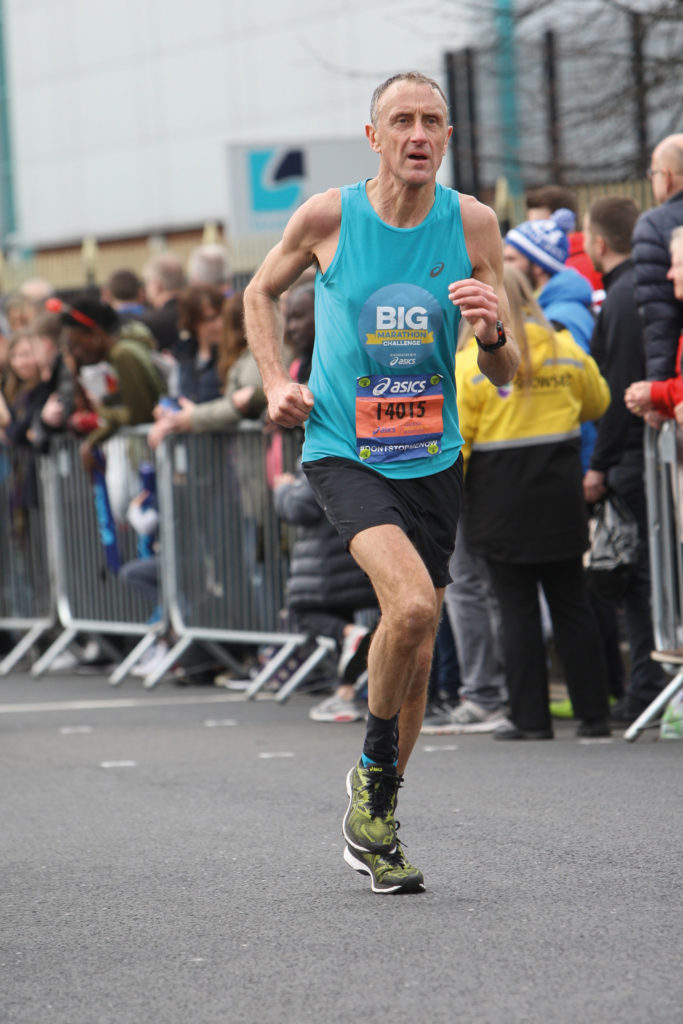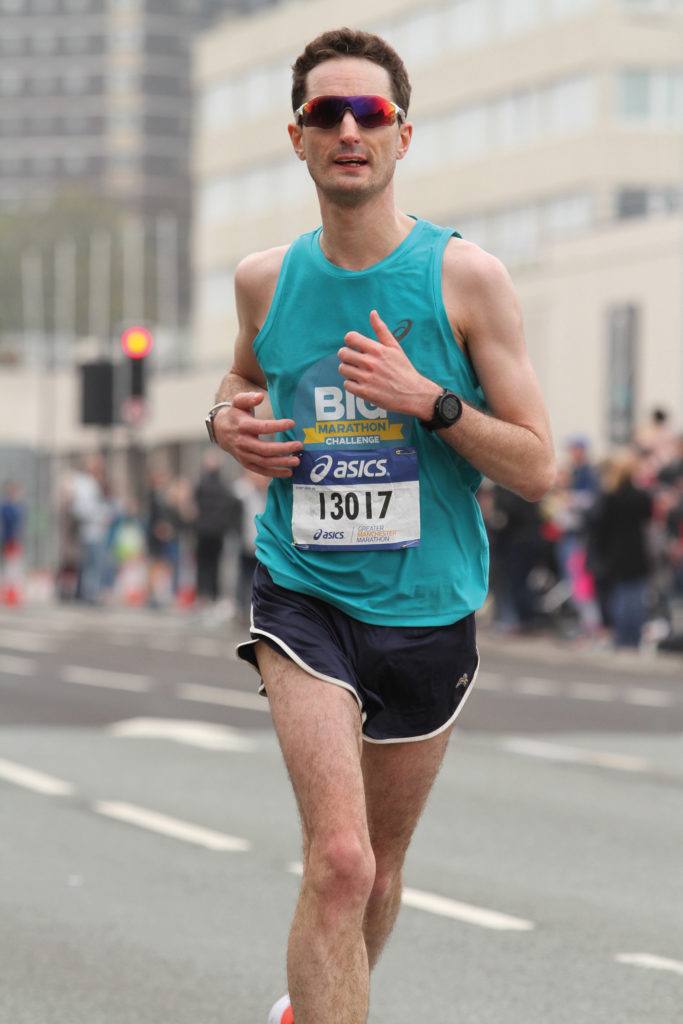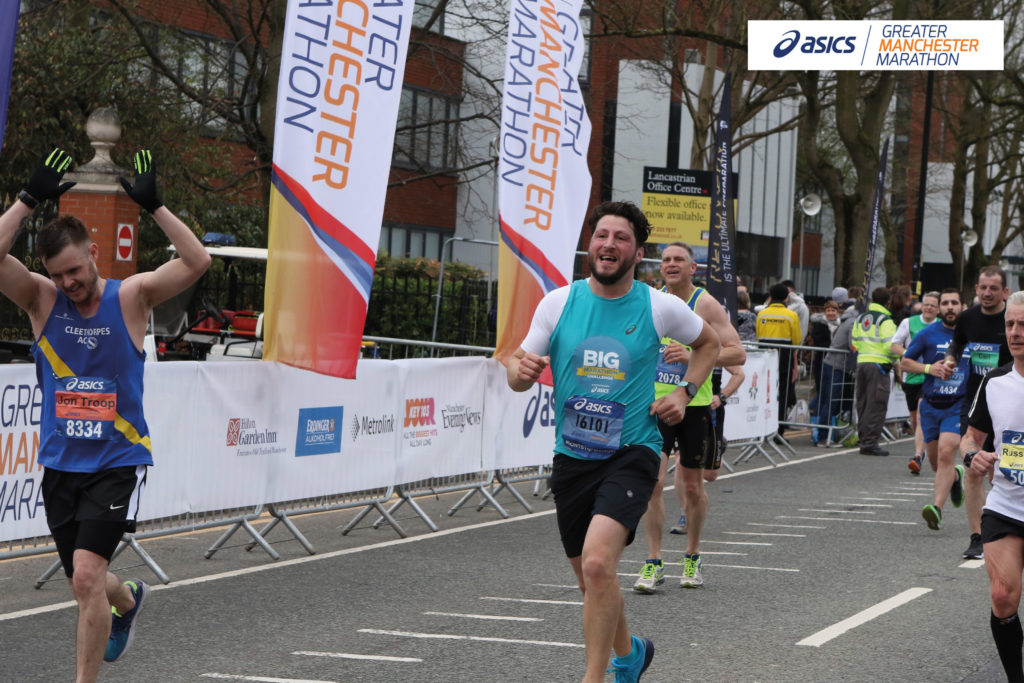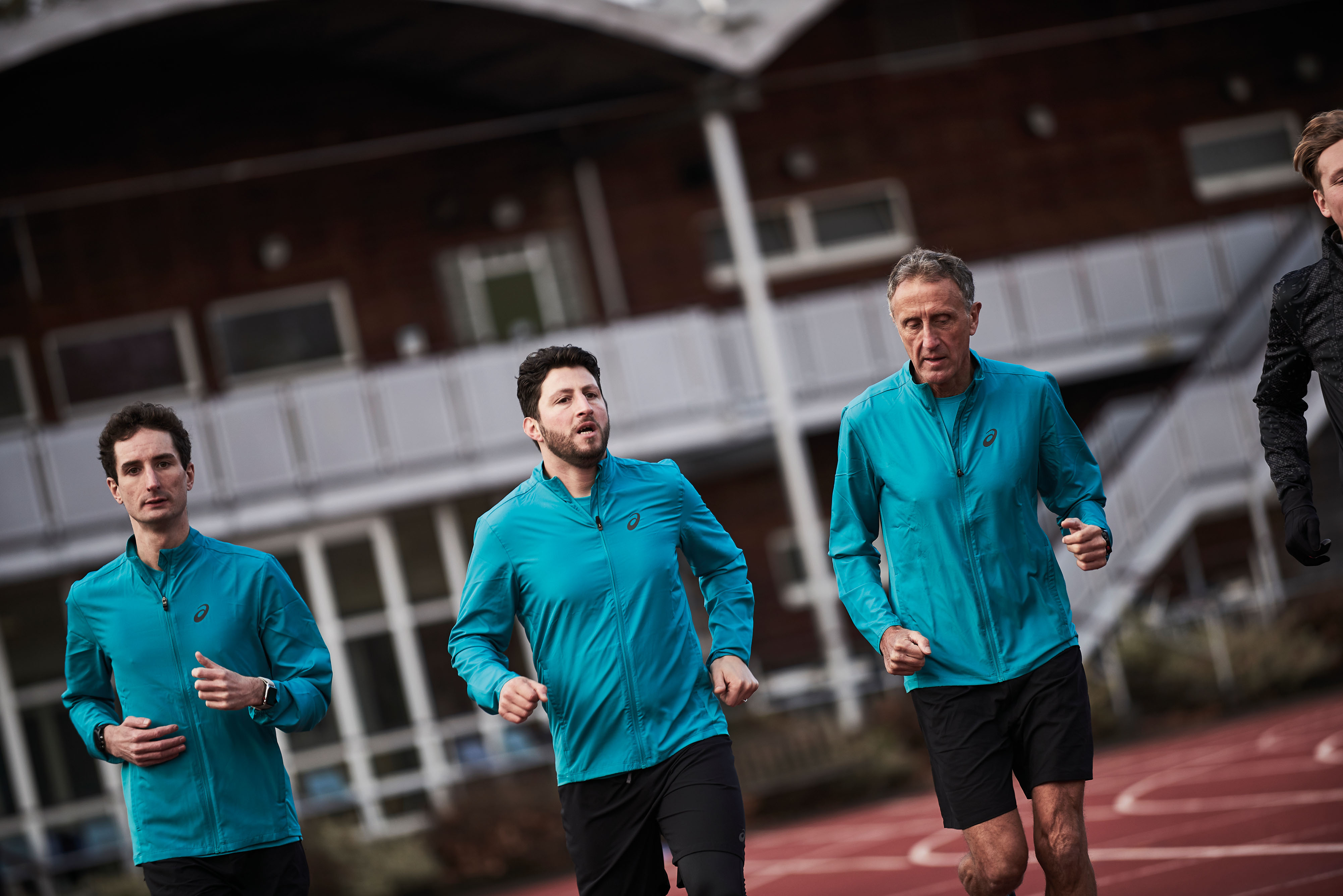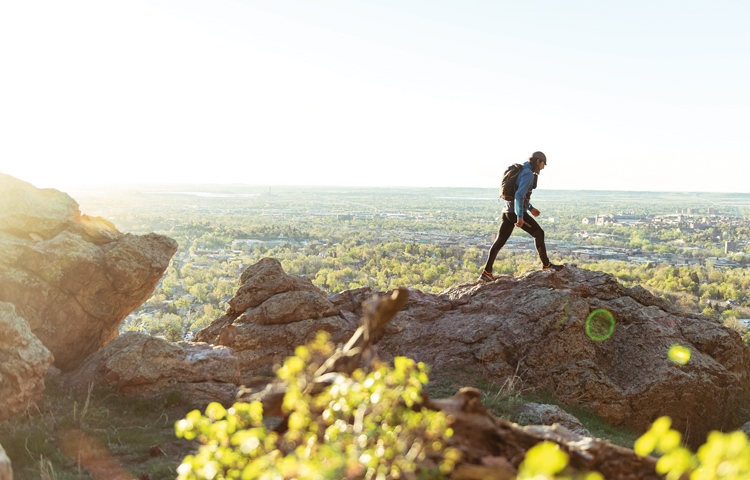
You used to run 200 miles a week. How has your approach to running changed since then?
My approach now is not even remotely similar. Basically, now I do the absolute least amount of running I need to stay satisfied – it’s simply too much of a liability for me getting injured.
Five or 10 years ago, my training was only running and all about “junk” miles – simply amassing as much mileage as possible. When I run now, it’s only for things I truly care about, such as scrambling, approaches to alpine climbs, or a specific mountain adventure.
You went into Transgrancanaria last year running an average of 38 miles a week. Can someone still be competitive in ultras on this kind of mileage?
I think definitely, yes, especially if you have a large lifetime base of mileage and long runs, as I do.
You’ve had your fair share of injuries to contend with. What have you learned through this process?
That running isn’t the be-all and end-all for me that I once thought it was. Really, any kind of movement in a natural landscape – be it climbing, biking, or skiing – is satisfying and nourishing for me.
Running is still at the top of the heap because of its purity and simplicity but all these other activities are very rewarding, too.
What is it about FKT [Fastest Known Time]-type challenges that you find appealing?
These types of challenges are usually more intrinsically meaningful. Races are often extrinsically meaningful in that they are for public consumption and validation. However, very rarely are the courses themselves something that I would be interested in undertaking without the element of competition.
Personal projects are, by definition, personally inspiring and meaningful. They often require a degree of creativity and a multi-faceted skill-set that isn’t there with racing. Having said that, I absolutely love competition and the sheer, unadulterated fitness aspect of racing in the mountains.
It’s just that my body hasn’t been able to hold up to the very specific preparation required for that over the past few years.
What advice would you give to anyone planning on taking on a long-distance off-road challenge?
Learn to be fine with being uncomfortable. I think a lot of people get too concerned with a little run-of-the-mill discomfort. Life isn’t about constant comfort and pleasure.
Who is the runner or outdoor athlete who you currently most admire?
Many outdoor athletes inspire me but, right now, I think [American climber] Colin Haley is doing interesting things in the mountains. What inspires me most about his recent climbs is that they seem to be a culmination of years and years of experience and passion for the mountains.
He’s been climbing in the alpine [style] since he was a teenager and committing himself to learning the secrets of various mountain ranges in Patagonia and Alaska for a long time. This past year, it seems like all of that experience has really come together to allow him to pull off some really impressive climbs.
You’ve done a lot of racing in mainland Europe but very little in the UK. Are there any UK-based challenges that you find appealing?
Two come to mind: the Bob Graham Round and a traverse of the Cuillin Ridge on the Isle of Skye.
What are your plans for the rest of the year?
Well, alpine-climbing season is rapidly coming to a close, so this fall I will be focused on more low-altitude rock climbing and scrambling. Soon enough it will be skimo [ski-mountaineering] racing season, with the first events starting at the end of November.
Anton Krupicka is an Ultimate Direction athlete. His signature vest is designed with mountain adventures in mind. To find out more, check out: ultimatedirection.com/athletes.

